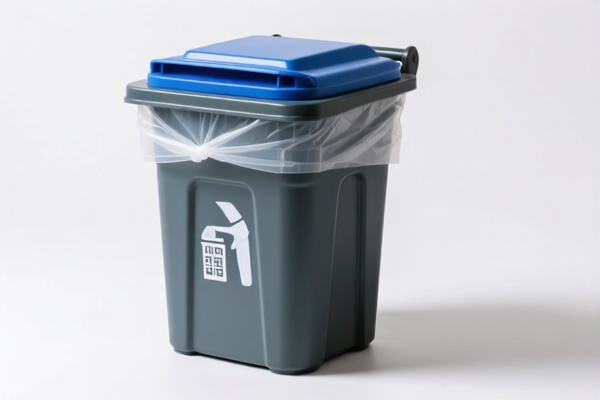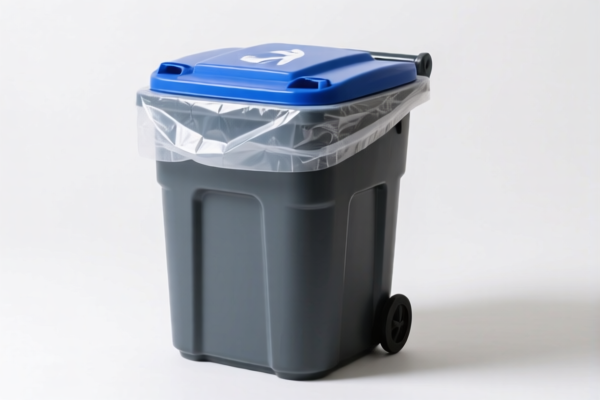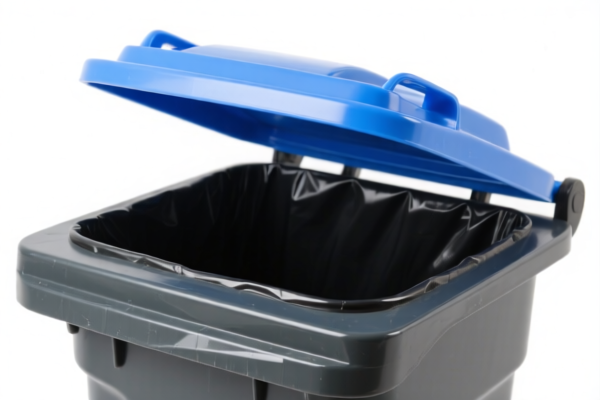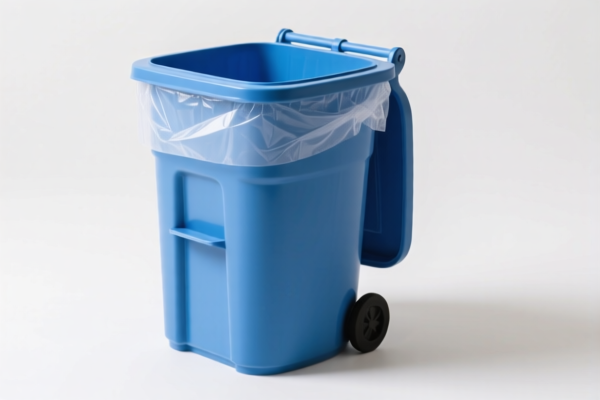| HS Code | Official Doc | Tariff Rate | Origin | Destination | Effective Date |
|---|---|---|---|---|---|
| 7326908688 | Doc | 82.9% | CN | US | 2025-05-12 |
| 7326903500 | Doc | 87.8% | CN | US | 2025-05-12 |
| 7323999080 | Doc | 83.4% | CN | US | 2025-05-12 |
| 7323997000 | Doc | 60.3% | CN | US | 2025-05-12 |
| 8301406060 | Doc | 43.2% | CN | US | 2025-05-12 |
| 8306100000 | Doc | 35.8% | CN | US | 2025-05-12 |
| 8306290000 | Doc | 30.0% | CN | US | 2025-05-12 |
| 9503000090 | Doc | 30.0% | CN | US | 2025-05-12 |
| 9620005000 | Doc | 60.3% | CN | US | 2025-05-12 |
| 9620006500 | Doc | 57.9% | CN | US | 2025-05-12 |
| 3926901600 | Doc | 40.6% | CN | US | 2025-05-12 |
| 3923900080 | Doc | 58.0% | CN | US | 2025-05-12 |
| 3923900012 | Doc | 58.0% | CN | US | 2025-05-12 |




Car Trash Can
A car trash can is a portable receptacle designed for collecting waste within a vehicle. These cans aim to maintain vehicle cleanliness and organization by providing a dedicated space for disposing of litter, reducing mess and promoting a more hygienic interior environment.
Material
Car trash cans are typically constructed from the following materials:
- Plastic: The most common material due to its affordability, lightweight nature, and ease of cleaning. Polypropylene (PP) and polyethylene (PE) are frequently used.
- Stainless Steel: Offers durability, a more premium aesthetic, and resistance to odors. Often features a plastic liner for ease of cleaning.
- Fabric: Often used for collapsible designs, usually with a waterproof inner lining. These are typically supported by a wireframe.
- Leather/PU Leather: Primarily used for aesthetic purposes, offering a more luxurious appearance. These usually have an inner liner for practicality.
Purpose
- Waste Containment: The primary function is to collect and contain trash generated within the vehicle (wrappers, bottles, tissues, etc.).
- Organization: Helps keep the vehicle interior tidy and organized, preventing loose debris.
- Hygiene: Reduces odors and the spread of bacteria associated with loose trash.
- Convenience: Provides a readily available disposal solution during travel.
Function
Car trash cans generally function as simple receptacles. However, features can vary:
- Lid: Many models include a lid to contain odors and prevent visible trash. Some lids are spring-loaded or feature a closing mechanism.
- Secure Mounting: Designs include straps, adhesive bases, or placement within existing vehicle compartments (door pockets, center console) to prevent movement during transit.
- Waterproof Lining: Prevents leaks from spills or wet waste.
- Collapsible Design: Allows for compact storage when not in use.
- Removable Inner Bin: Facilitates easy emptying and cleaning.
Usage Scenarios
- Daily Commuting: For collecting everyday waste generated during drives.
- Road Trips: Essential for managing trash over extended travel periods.
- Family Vehicles: Particularly useful for families with children to contain larger volumes of waste.
- Ride-Sharing/Taxi Services: Maintaining a clean and presentable vehicle for passengers.
Common Types
- Hanging Trash Cans: Feature straps to hang from the back of seats or headrests.
- Console Trash Cans: Designed to fit within the center console or side door pockets.
- Collapsible Trash Cans: Foldable designs for compact storage.
- Trash Cans with Lids: Feature a lid to contain odors and conceal waste.
- Trash Cans with Covers: Similar to those with lids, but often with more elaborate closing mechanisms.
- Waterproof Trash Cans: Designed to prevent leaks from spills.
- LED Light Trash Cans: Include an integrated LED light for visibility in low-light conditions.
- Automatic Trash Cans: Feature a sensor that automatically opens the lid.
Based on the material, use, and application scenarios, a car trash can is a container designed for collecting waste within a vehicle.
Here are the relevant HS codes found within the provided reference material:
- 3923900080: Articles for the conveyance or packing of goods, of plastics; stoppers, lids, caps and other closures, of plastics: Other Other. This code covers articles made of plastics used for packing or conveyance of goods, which could include a plastic car trash can. The total tax rate is 58.0%, comprised of a 3.0% basic tariff and a 25.0% additional tariff, increasing to 30.0% after April 2, 2025.
- 3926901600: Other articles of plastics and articles of other materials of headings 3901 to 3914: Other: Pacifiers. While primarily for pacifiers, this code broadly covers other articles of plastics. A car trash can made of plastic could potentially fall under this code. The total tax rate is 40.6%, consisting of a 3.1% basic tariff and a 7.5% additional tariff, rising to 30.0% after April 2, 2025.
- 7326908688: Other articles of iron or steel: Other: Other: Other: Other. If the car trash can is made of iron or steel, this code applies. The total tax rate is 82.9%, including a 2.9% basic tariff, a 25.0% additional tariff, and an increase to 30.0% after April 2, 2025, with a 25% additional tariff for steel and aluminum products.
Regarding HS code 7326908688, please note the 25% additional tariff applicable to steel and aluminum products. It is important to verify the material composition of the car trash can to determine the correct tariff application.
Customer Reviews
No reviews yet.